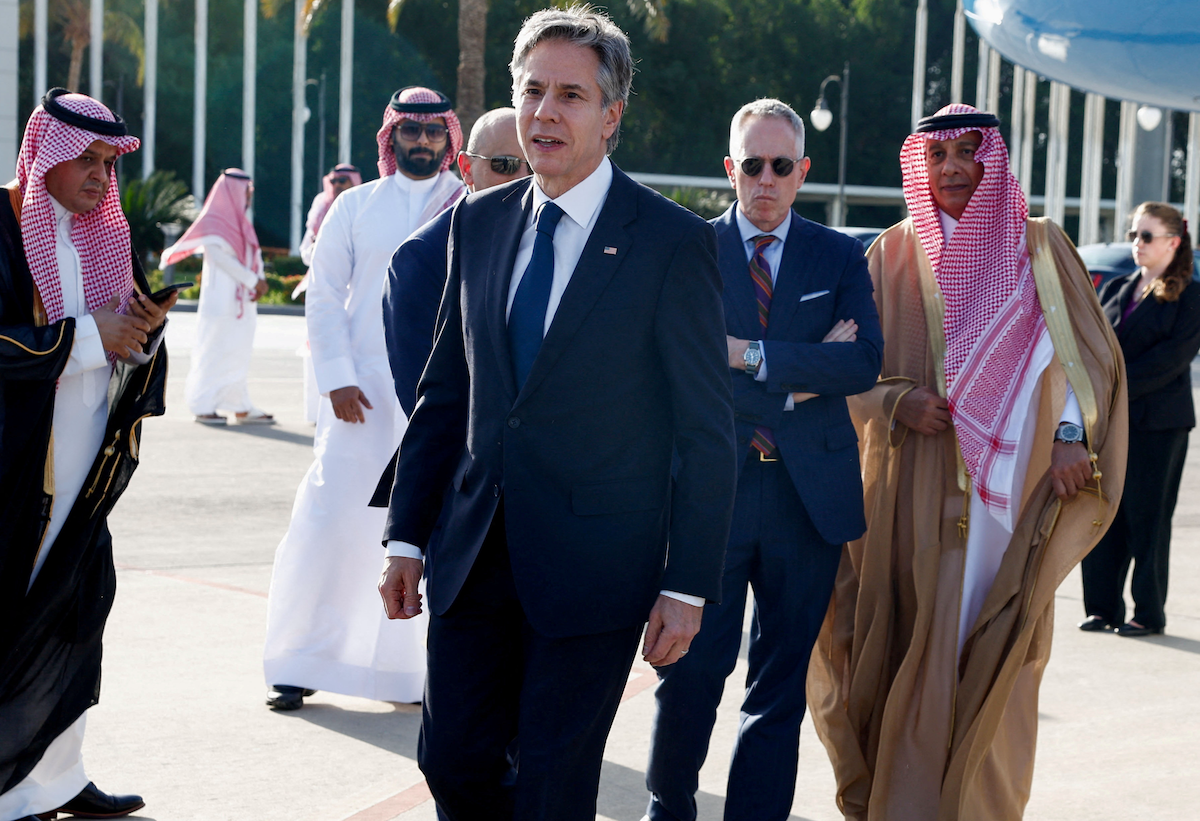Canada is halting future arms sales to Israel as the Trudeau government continues to raise concerns about the Jewish State’s war against Hamas in Gaza. That announcement came Tuesday after the House of Commons passed a nonbinding motion calling for the government to work toward a two-state solution, to halt military exports to Israel, and to demand a cease-fire. It also called on Hamas to release the hostages.
In 2022, Canada sent about $21 million in military support to Israel – making the country a top destination for Canadian arms exports. Apart from the loss of equipment, there's also the symbolic cost of the ban: Canada counts itself among countries, including Spain, Belgium, the Netherlands, and Japan, that have stopped shipments to Israel.
The motion was supported by the vast majority of Liberals along with MPs from the New Democratic Party, Green Party, and Bloc Quebecois. Canada also recently put a temporary halt on non-lethal military exports to Israel.
The Netanyahu government says it will stay the course, and its top diplomat issued sharp criticism of Ottawa’s recent move.
But even Israel’s top ally, the US, appears increasingly fed up. Secretary of State Antony Blinken is heading back to the region to work toward a cease-fire, Senate Majority Leader Chuck Schumer has called for new Israeli elections, and President Joe Biden is reportedly mulling possible conditions on military aid to the country.
On Wednesday, Blinken announced that the US submitted a draft resolution to the UN Security Council calling for an “immediate cease-fire” in Gaza in conjunction with the release of hostages. This represents a significant shift in Washington’s stance on the war, signaling that while it continues to support Israel — it wants to see a truce ASAP. Before this, the US repeatedly vetoed resolutions calling for a cease-fire in Gaza — and opposed the use of the term “immediate” in a draft resolution submitted by Algeria last month. No vote has been scheduled on the new resolution yet.
